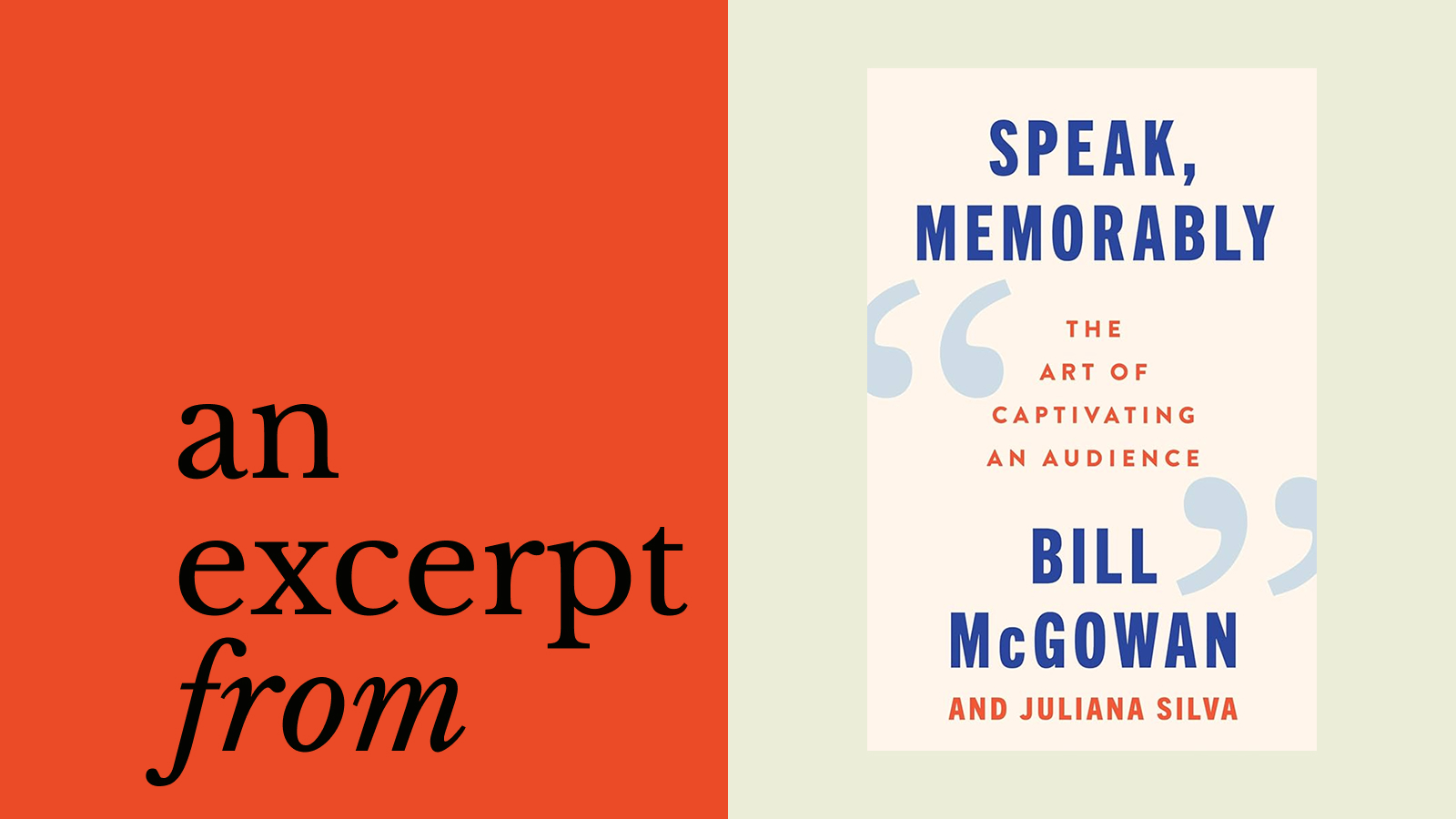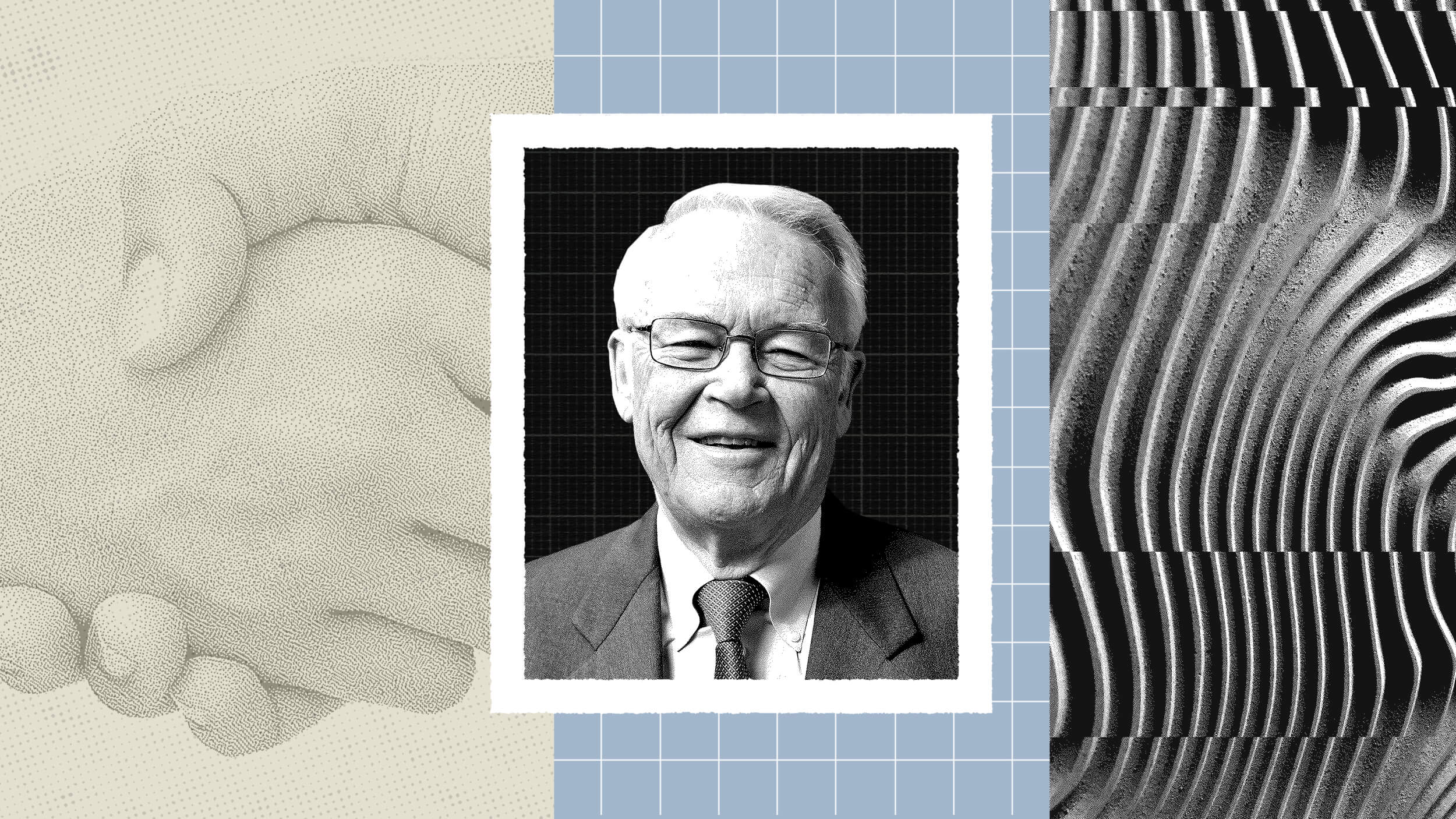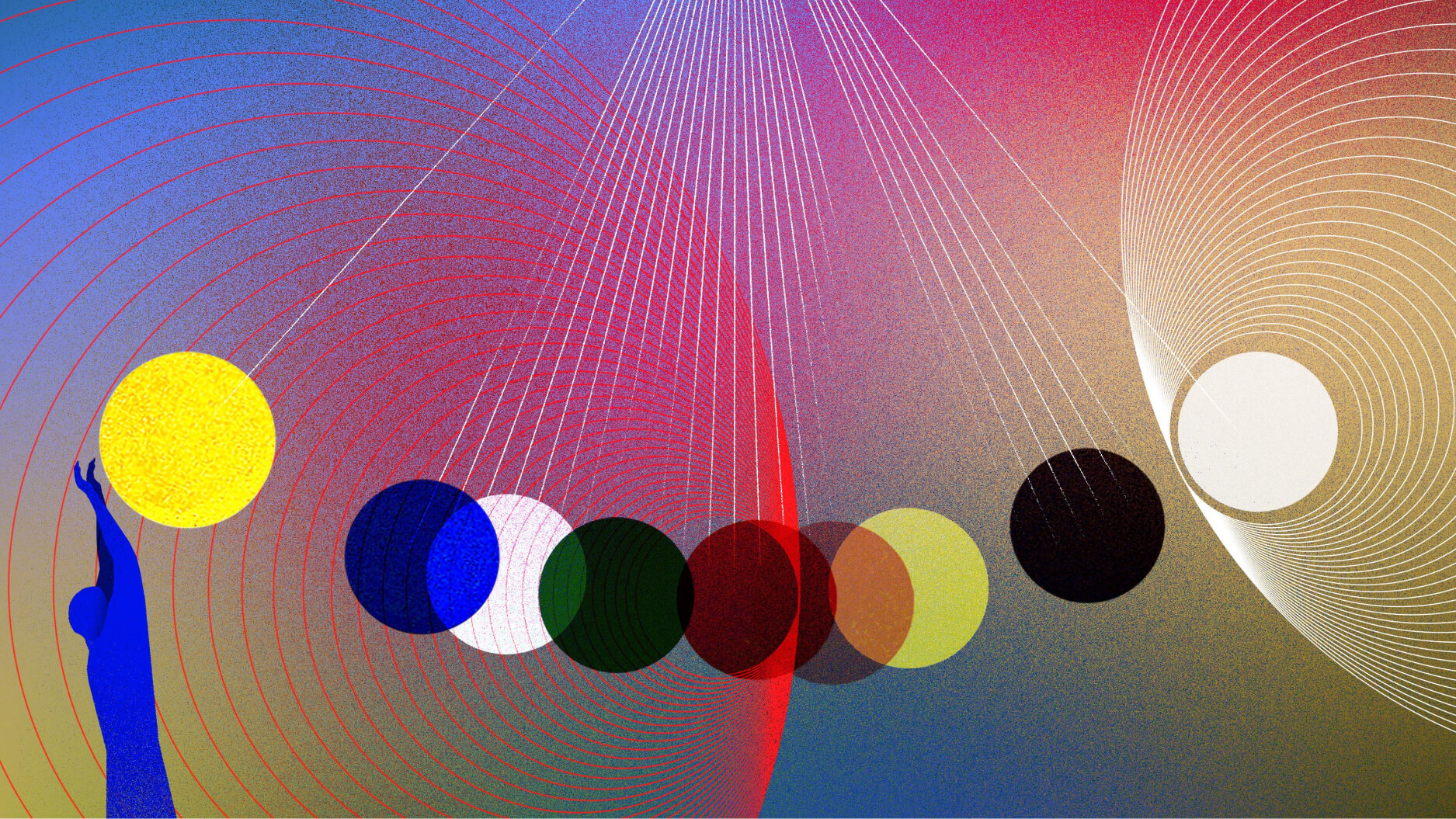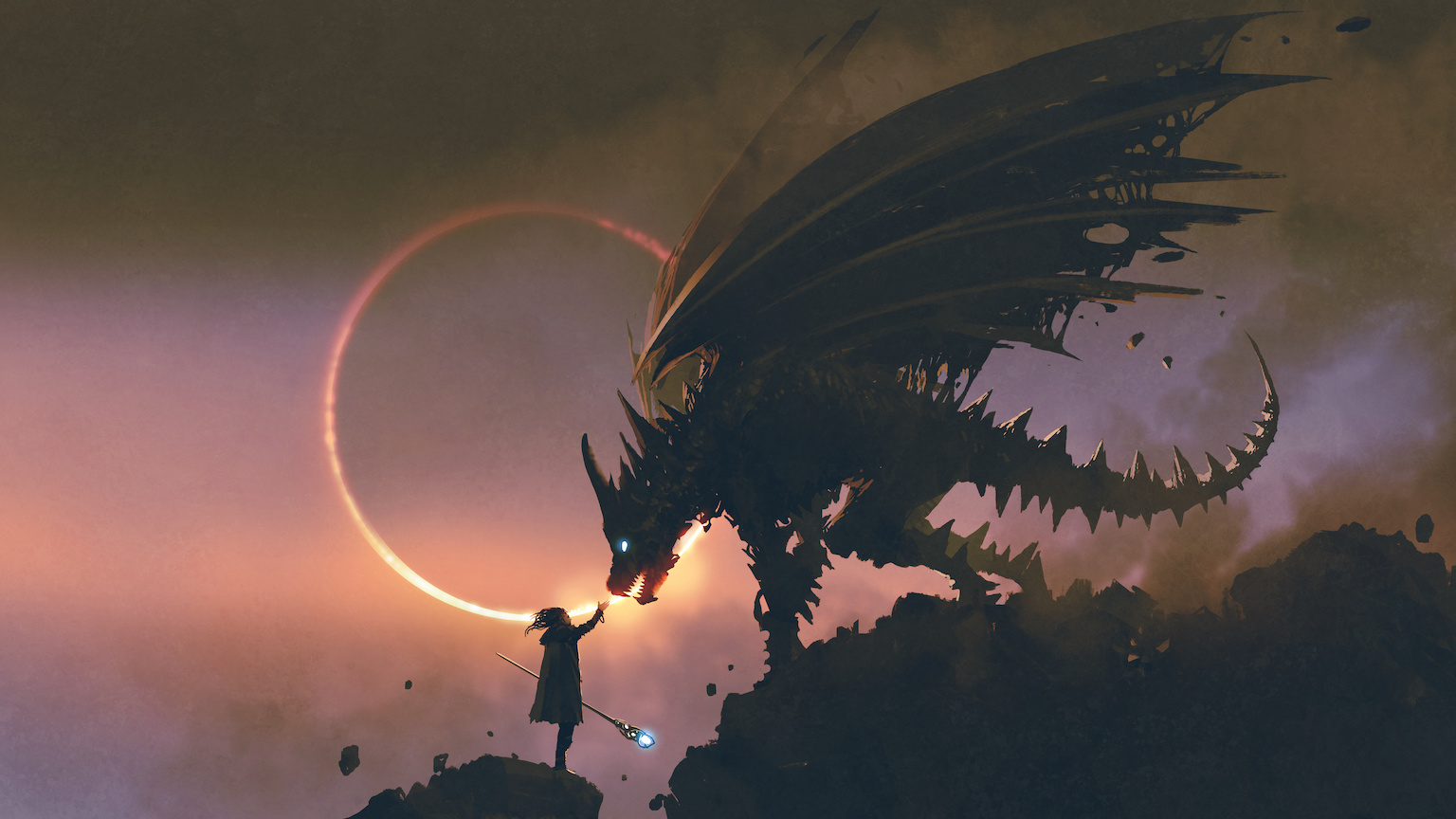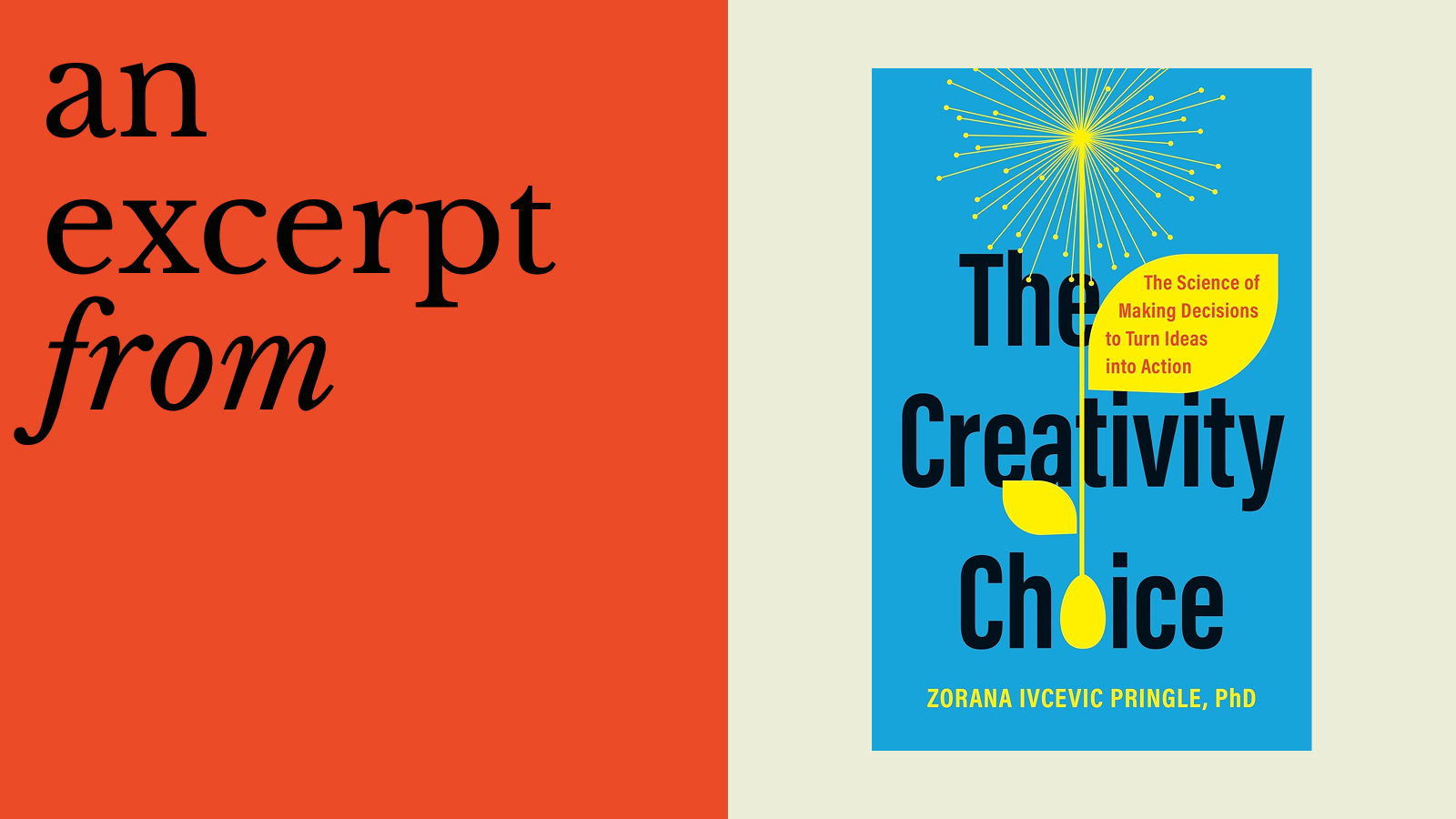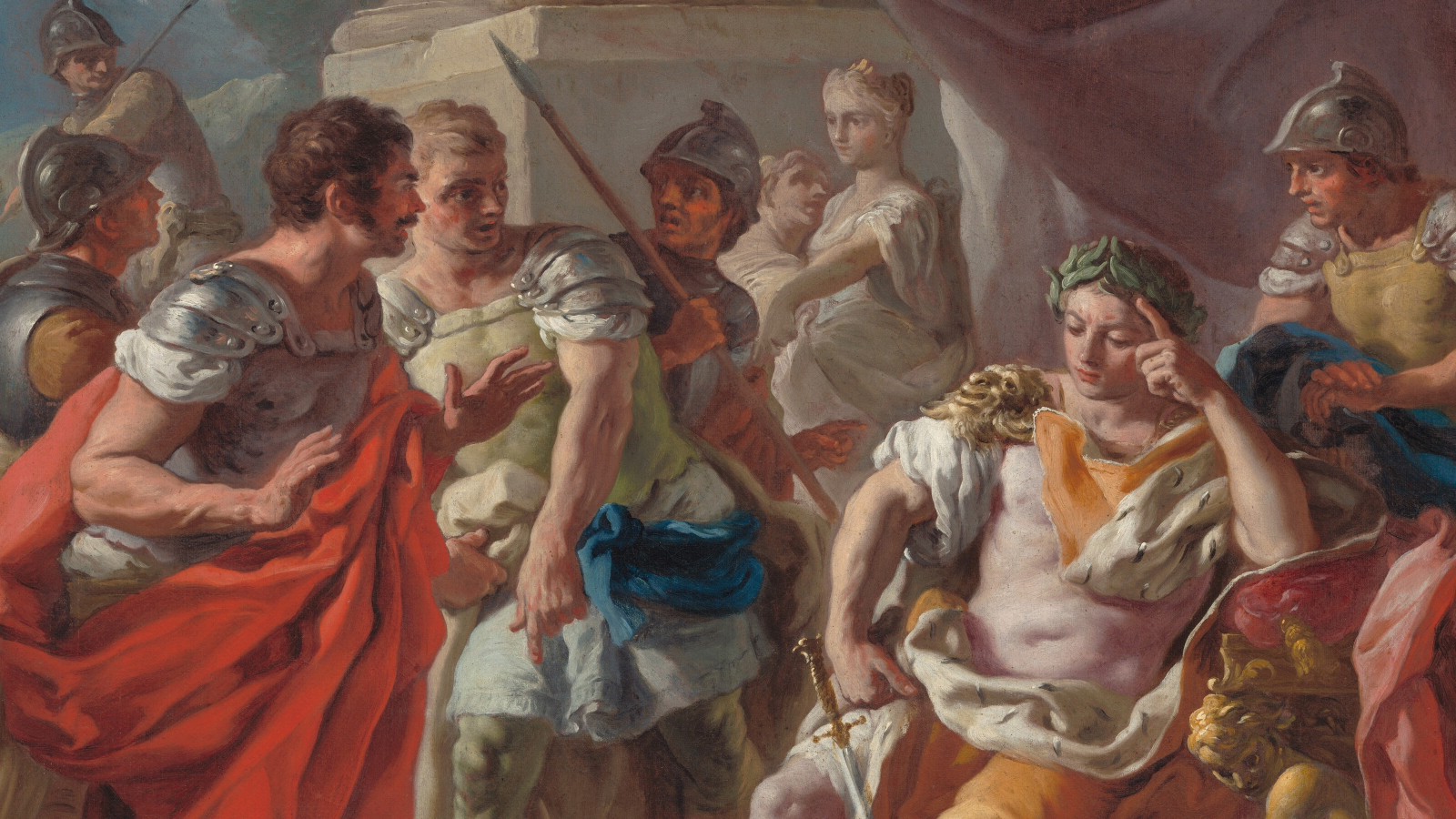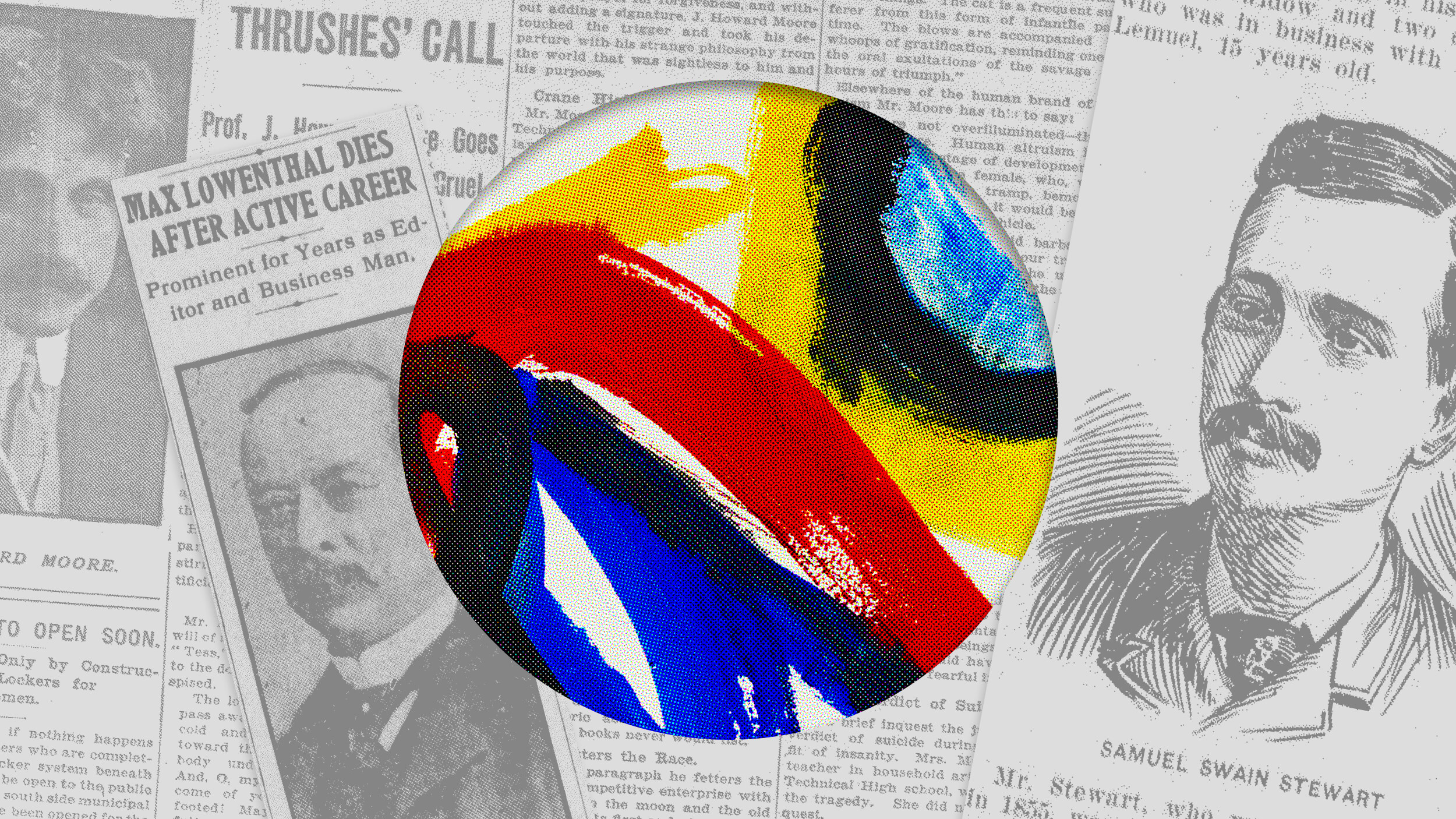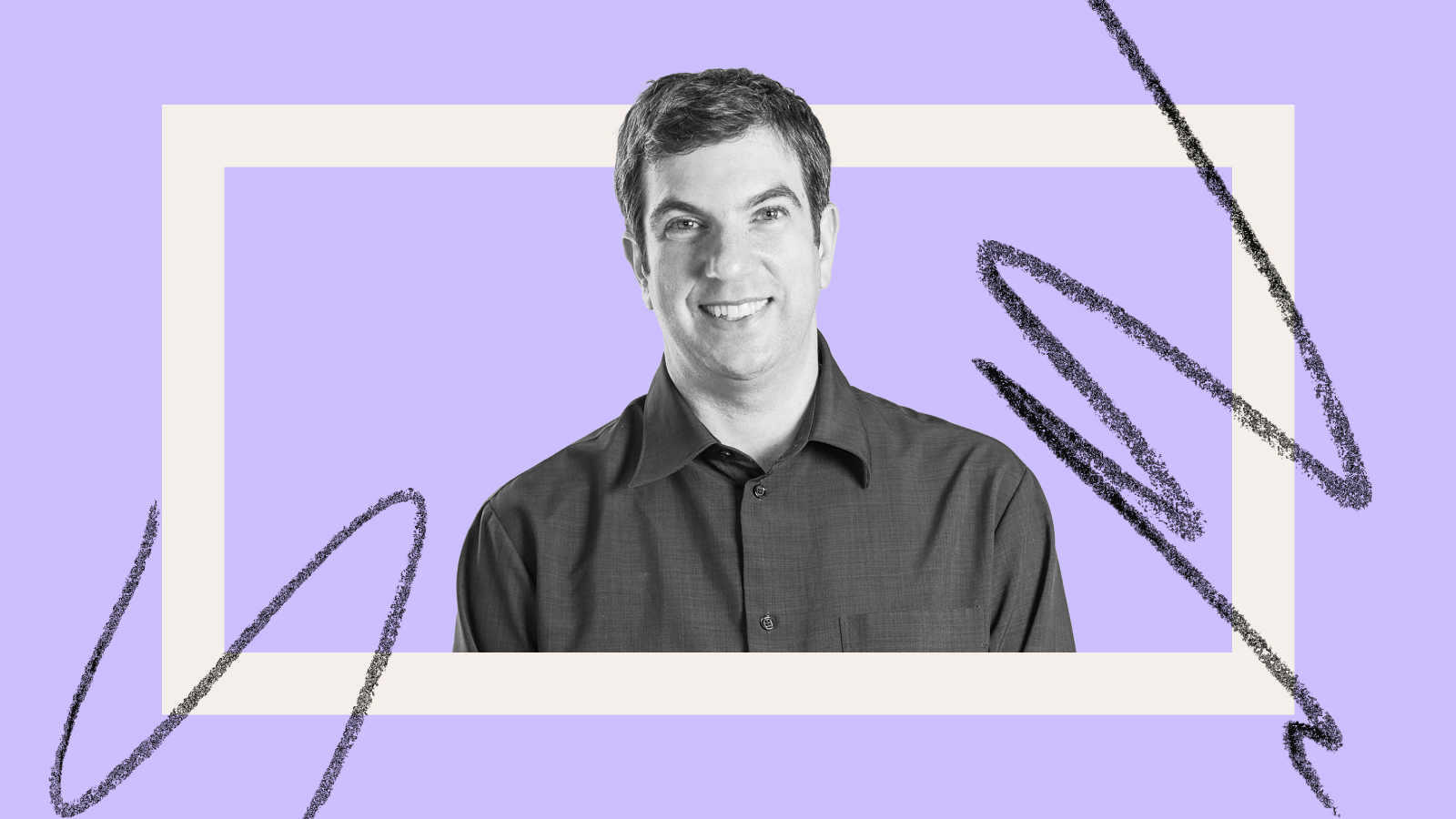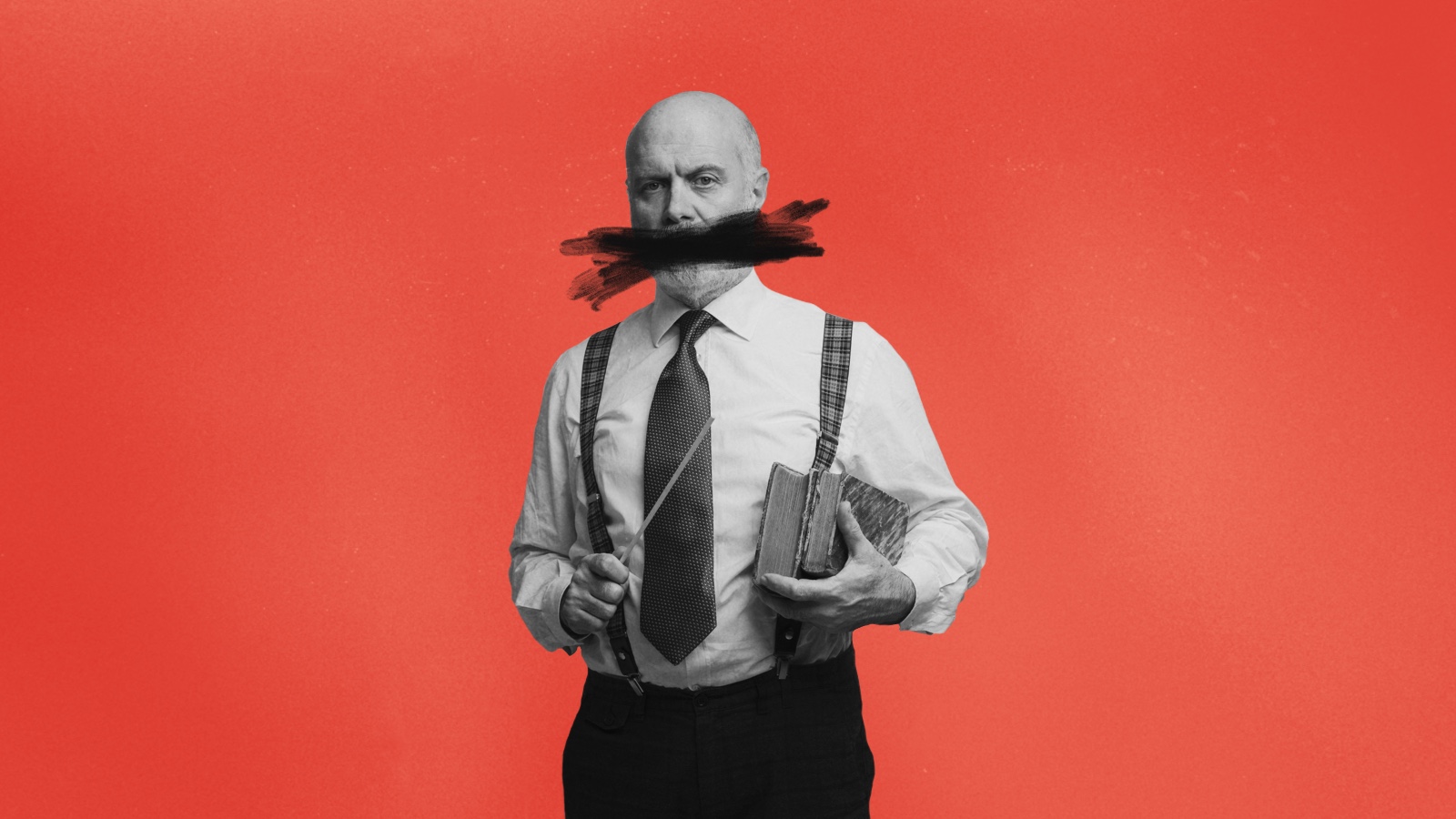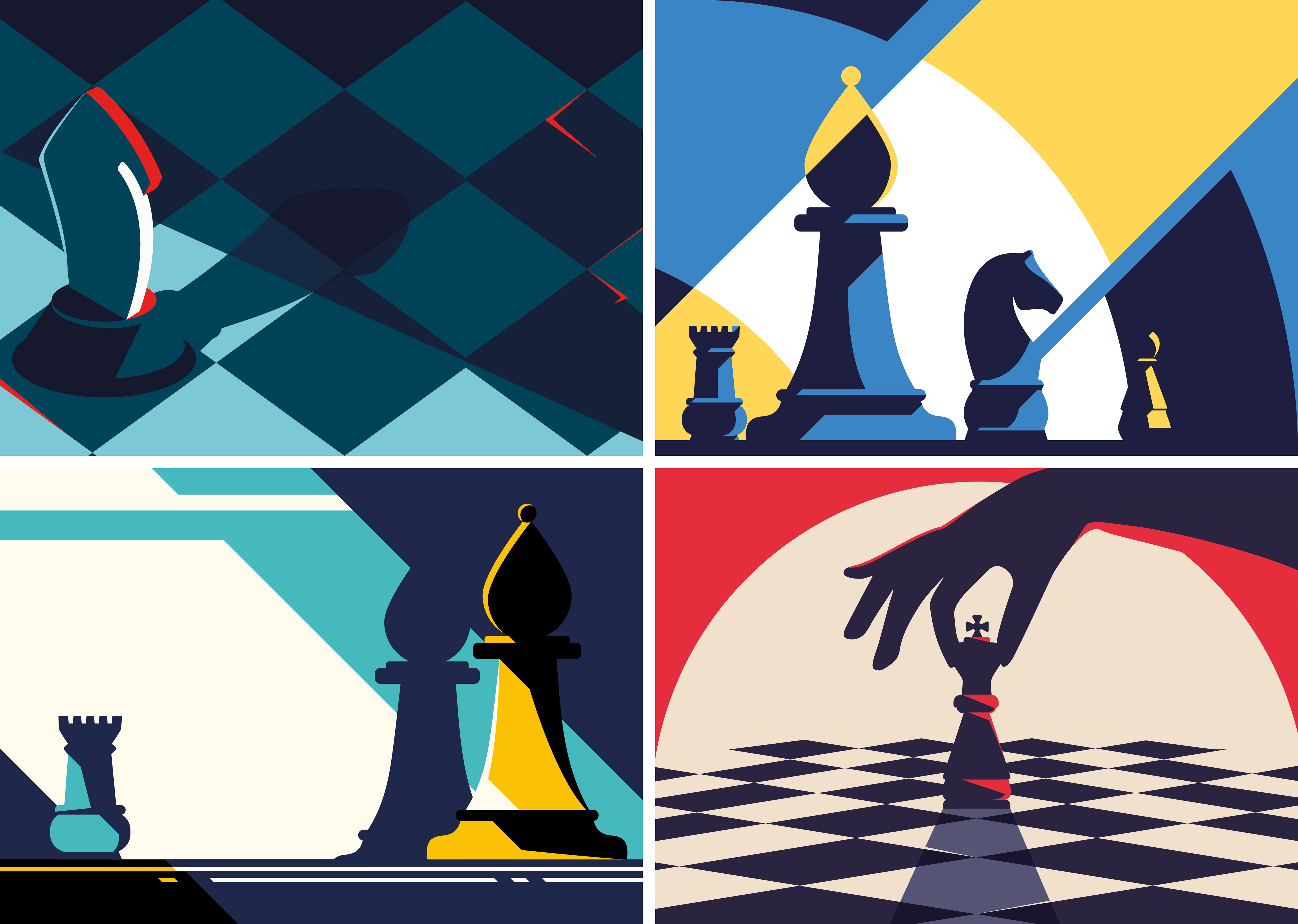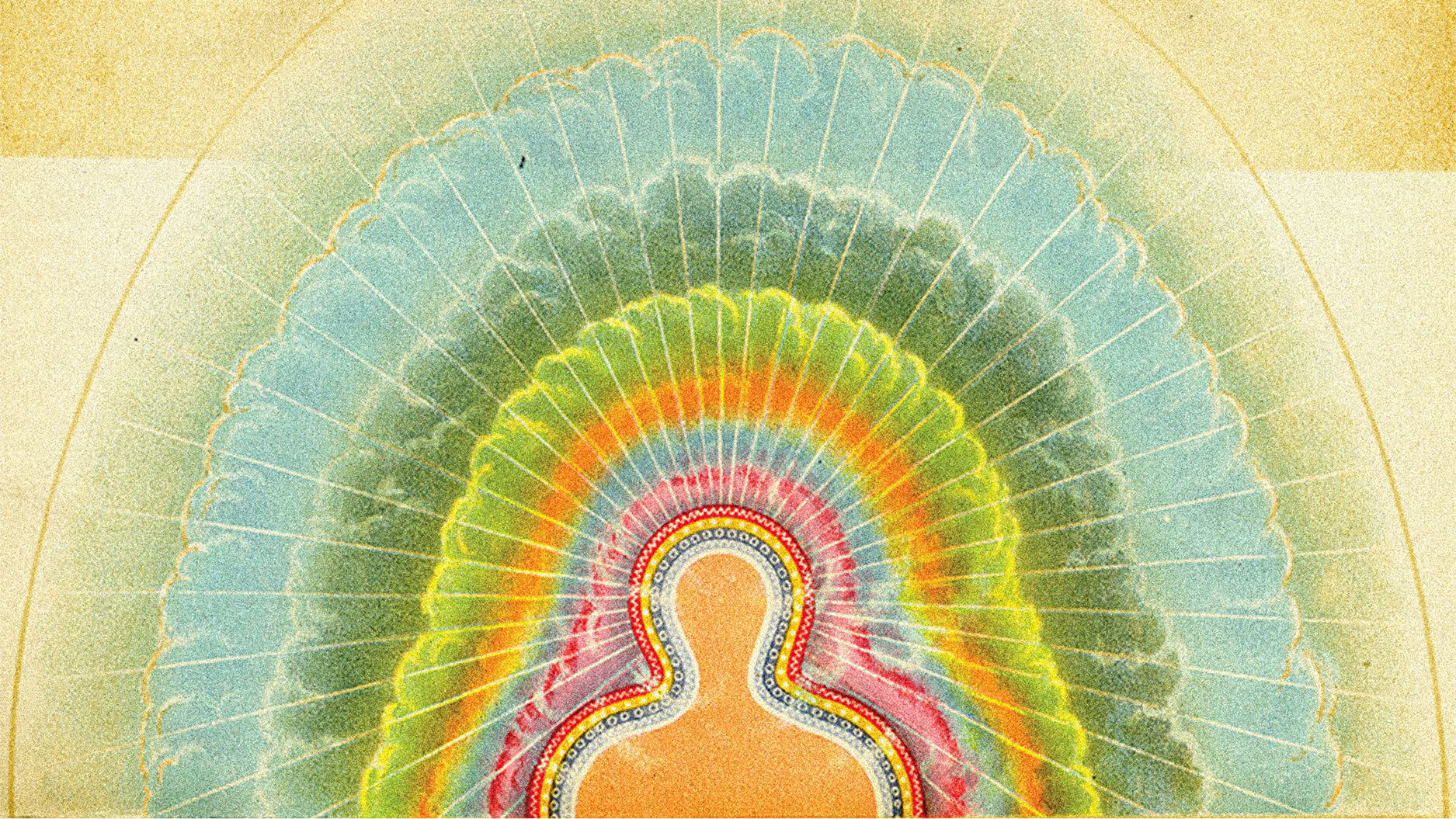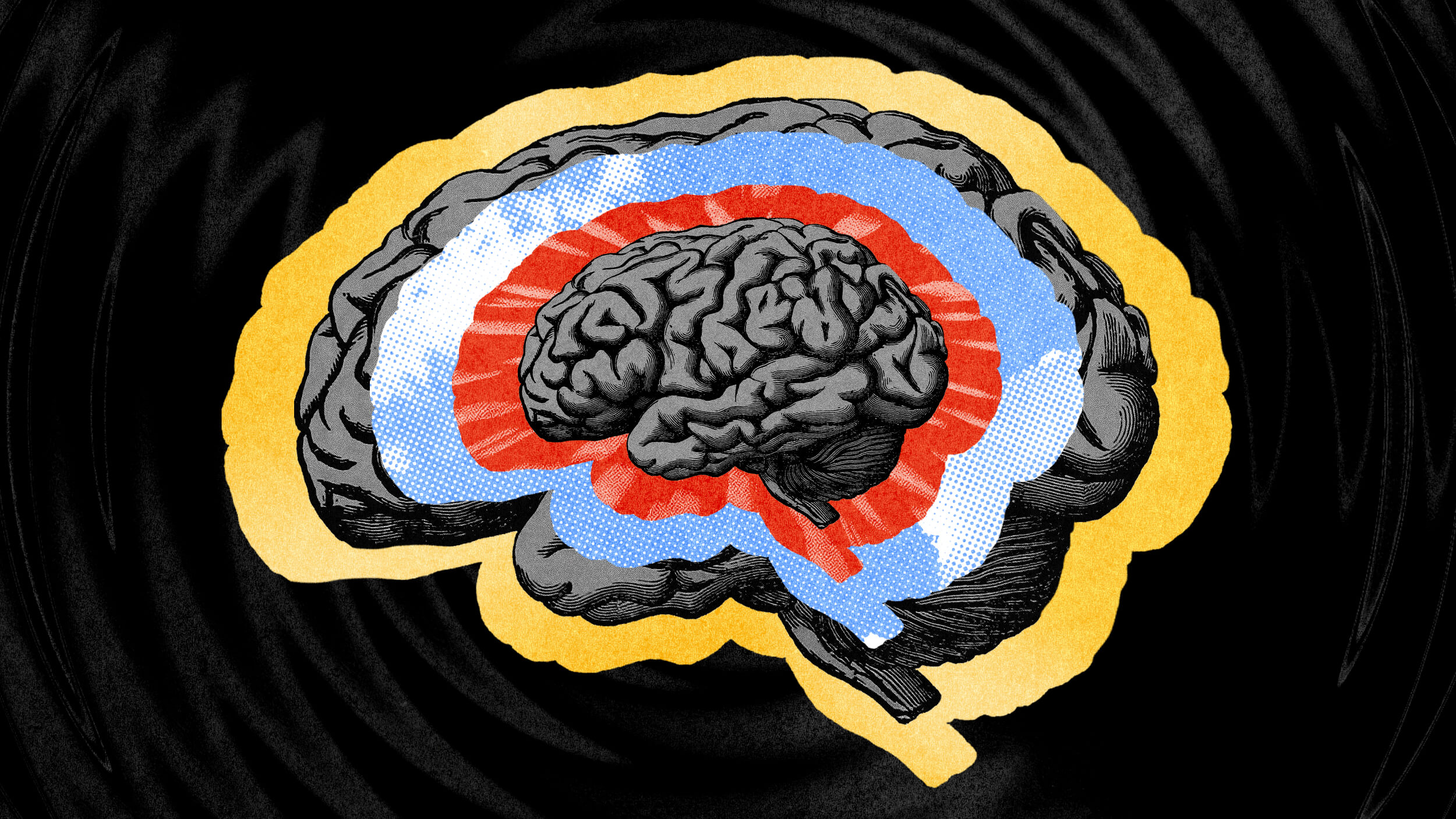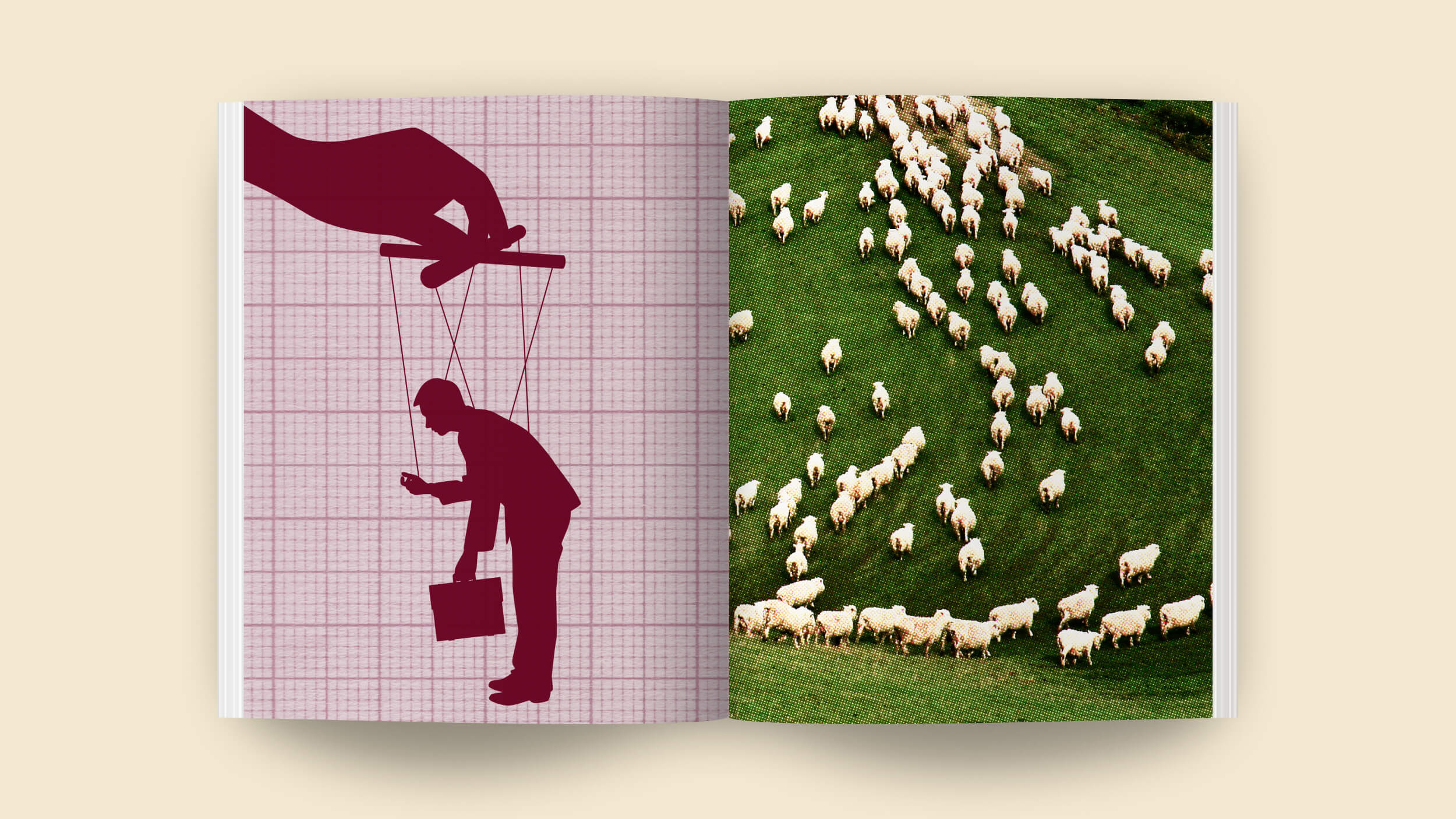psychology
For his new book, “The Ghost Lab,” Matt Hongoltz-Hetling spent time with paranormal investigators to understand their relationship with science and society.
The “primacy/recency effect” is used by celebrated movie-makers, Broadway composers, and restaurateurs — it can work for you too.
How we handle grief largely depends on our worldview. Here is how three famous philosophers handled the certainty of grief and despair.
The marketing guru outlines the current state of brand-building — and highlights four outstanding opportunities for the immediate future.
Many, from neuroscientists to philosophers to anesthesiologists, have claimed to understand consciousness. Do physicists? Does anyone?
According to Tolkien, fantasy requires a deep imagination known as “sub-creation.” And the genre reflects a fundamental truth of being human.
Nurture your passions instead.
Andreessen Horowitz cofounder Ben Horowitz thought that “blowing sunshine” was the right way to handle pressure — here’s how he corrected his mistake.
Reading obituaries can boost creativity by exposing you to distant ideas, fueling the associations that lead to unexpected breakthroughs.
A.J. Jacobs looks back at what he learned about religion, himself, and modern American culture during “The Year of Living Biblically.”
“For every PhD there is an equal and opposite PhD.”
Grandmasters and drug dealers have one thing in common: They are many steps ahead of their rivals.
From religious iconography to modern mysticism, the human aura has been a subject of fascination across centuries and cultures.
Spotify’s Co-President, CPO and CTO chats with Big Think about the science of discovery, Swedish innovation, C-suite podcasting, and more.
What can drugs teach us about consciousness?
Those who know who they are — and what they truly value — refuse to compromise their authentic direction to placate others.
Our brains cling to the bad. This method could help balance the scales.
Science writer Matt Ridley joins us to discuss how “Darwin’s strangest idea” makes us all a bit feather-brained (in a good way).
We manipulate constantly — but few of us want to be called “manipulative.” Here, ex-Google executive Jenny Wood redefines an unfairly maligned trait.
Your BS detector might not be as accurate as you think.
All scientific theories are limited in scope, power, and application, being mere approximations of reality. That’s why consensus is vital.
The nature of “the mind” is always vast and clear no matter how swamped by information we feel — and leaders can learn to embrace this space.
Investor Guy Spier joins Big Think for a chat about the “Oracle of Omaha,” generative AI, what confuses him, and more.
When your life’s truth and the reality you live become out of sync, you risk falling into an “anxiety spiral.”
“Lookism” is prevalent and harmful. So why do so few take it seriously?
“Personality isn’t based on what we say we’ll do. It’s rooted in what we actually do, which becomes what we think about.”
Jono Hey — whose sketches have been shared by the likes of Bill Gates and Steven Bartlett — draws some of his most valued leadership insights.
Buddhism has rules for slaying your enemies. But the real surprise is finding out who your enemies actually are.
We need more science fiction-inspired thinking in how we approach AI research, argues AI expert Gary Marcus.

